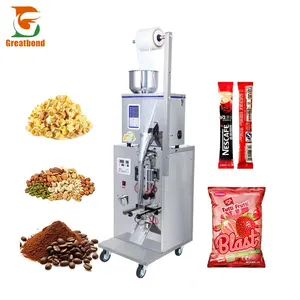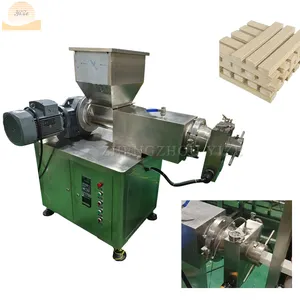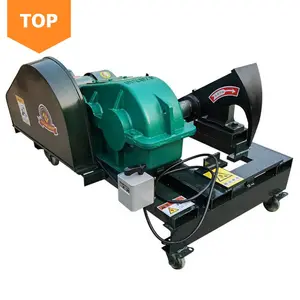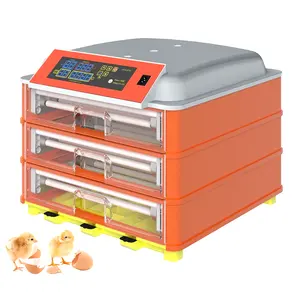Popular in your industry











































































Top categories
About automatic egg cracking machine
Introduction to Automatic Egg Cracking Machines
The advent of automatic egg cracking machines has revolutionized the food processing industry, offering a seamless solution for breaking eggs efficiently. These machines are designed to cater to the high-demand cycles of food production, ensuring consistent output without compromising the quality of the end product.
Understanding the Mechanism
An automatic egg cracker operates using a sophisticated mechanism that cracks eggs with precision and separates the yolk from the white. The design of these machines often incorporates features that minimize waste and enhance cleanliness, a crucial aspect of food processing equipment.
Types and Applications
There is a variety of automatic egg cracker machines available, each suited to different production scales and requirements. From compact models ideal for smaller establishments to industrial-grade machines for large-scale operations, the application of these devices spans across bakeries, confectioneries, and food processing plants.
Features and Materials
The construction of an automatic egg cracking machine typically involves food-grade materials that are durable and easy to clean. Features may include adjustable speeds, integrated separation functions, and user-friendly interfaces, all aimed at enhancing productivity and maintaining hygiene standards.
Advantages of Automation in Egg Cracking
Utilizing an automatic egg cracker in food processing brings numerous advantages, such as labor cost reduction, high precision in cracking, and a lower risk of contamination. These machines are engineered to handle the delicate nature of eggs, ensuring that the integrity of the yolk and white is maintained during the cracking process.
Selecting the Right Machine
Choosing the right automatic egg cracking machine involves considering factors such as the size of the operation, space constraints, and hygiene standards. Modular machines offer flexibility for space-limited environments, while larger, more complex systems may be suitable for expansive operations with higher output requirements.






















